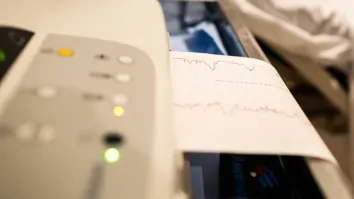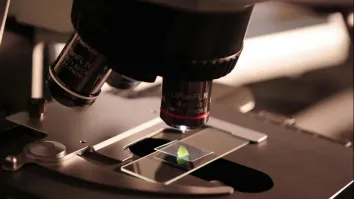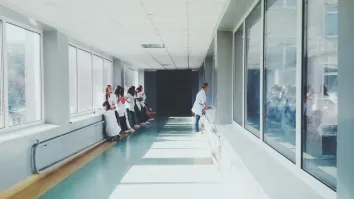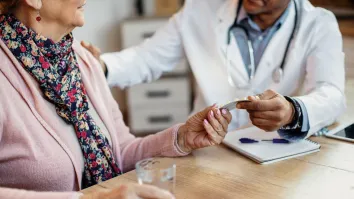
Australia to shell out $96.9m for elderly care
A whopping $61.2m will be for mental health services for people in residential aged care facilities.
Australia's FY2018/19 government budget proposes a significant increase in funds allocated to support the elderly healthcare demands and BMI Research believes that the country's healthcare market will experience robust growth driven by the government's concerted effort to improve the health and well-being of its population.
With an expansion of access to healthcare services, however, the Australian government will continue to promote the consumption of lower-value generic medicines in place of patented medicines as a means to reduce the pharmaceutical expenditure, creating challenges for multinational drugmakers.
Here's more from BMI Research:
The Australian pharmaceutical market will experience robust growth driven by the government's commitment to the healthcare sector, particularly given that public spending accounts for a significant share (66%) of the overall healthcare expenditure.
Australian Treasurer Scott Morrison announced the FY2018/19 federal budget on May 8 2018, and we believe that the government’s announced measures suggest that it is looking to shore up voter support ahead of the 2019 general elections. Key measures include: cuts to personal income tax, improvements to health and aged care and continued investments in infrastructure.
Aiming to address social issues associated with an ageing population, the government is looking to guarantee essential health services, which would see healthcare funding (the second largest expenditure category at 16.1% of total in FY2018/19) grow to AUD85.0bn (USD63.9bn) in FY2021/22, from AUD77.6bn (USD58.4bn) in FY2017/18.
Some initiatives that were highlighted in the budget were increased access to medicines through the Pharmaceutical Benefits Scheme (PBS) and guaranteed Medicare. With greater accessibility to healthcare services and guarantees of greater public funds towards healthcare, medicine sales are likely to experience a tailwind.
Australia’s focus on addressing the medical needs of its ageing population will intensify and drive changes to the delivery of healthcare in the country. The proportion of older people, those aged 65 years and over, has been steadily increasing over the last century for both men and women, and this trend is expected to continue. The 2016 Census of Population and Housing reported that the number of people aged 65 years and over had increased from one in every seven people in 2011 (14%), to nearly one in every six people (16%) in 2016.
According to the 2018 budget documents, to enable Australians to make the most of a longer life, the government will invest in the health of older Australians by providing AUD82.5mn (USD61.2mn) for mental health services for people in residential aged care facilities, AUD20mn (USD14.8mn) to pilot services for older Australians to help them remain connected to their communities, AUD5.3mn (USD3.9mn) over four years from 2018-19 for the development of technological solutions to support people living with dementia and AUD22.9mn (USD17mn) to boost the physical activity of older Australians. The government will also reform the aged care system to ensure that aged care facilities are providing the care the community expects.



















 Advertise
Advertise





